
5 Health Conditions That Should Avoid Honey – Important Warnings You Need to Know

Honey is a highly nutritious food known for its many health benefits. However, not everyone should consume it. In certain cases, honey may cause adverse effects or even worsen existing health conditions. Here’s what you need to know.
Why Is Honey Good for You?
Honey is a natural sweetener made by bees from flower nectar. The nectar is broken down into sugars and stored in the hive. When used properly, honey can offer several health benefits:
✅ Nutrient-Rich
Honey contains glucose, fructose, vitamins, minerals, and antioxidants, which can boost energy levels and support overall health.
✅ Soothes Coughs
It’s a well-known natural remedy for sore throats and night-time coughing. Combined with lemon, kumquat, or rose petals, honey becomes an effective home treatment for coughs.
✅ Improves Digestion
Honey has mild laxative effects and helps stimulate bowel movement, making it beneficial for those with occasional constipation.
✅ Strengthens Immunity
Rich in nutrients and antioxidants, honey supports the immune system. It also has anti-inflammatory and antibacterial properties that can aid in wound healing.
❌ Who Should Avoid Honey? 5 Conditions to Watch Out For
Despite its benefits, honey is not suitable for everyone. Individuals with the following health conditions should be cautious:
1. Allergy to Honey or Pollen
People allergic to honey or pollen may experience symptoms such as itching, hives, or swelling. In severe cases, honey can cause difficulty breathing or even anaphylactic shock. Always do a patch test if you're unsure.
2. Diabetes
Although honey is considered healthier than refined sugar, it still has a high glycemic index. It can spike blood sugar levels quickly, which is dangerous for diabetics. If you have diabetes, consult a healthcare professional before including honey in your diet.
3. Liver Disease
The liver is responsible for metabolizing fructose — a major sugar in honey. People with liver conditions, especially cirrhosis, may have difficulty processing fructose, which could worsen liver damage. Avoid honey if you suffer from liver disease.
4. Digestive Disorders (e.g., Diarrhea)
Honey draws moisture into the intestines. For those with diarrhea, this can exacerbate symptoms, increase bowel movements, and worsen dehydration.
5. Individuals on Medication
Honey may interact with certain medications. For example, it can increase bleeding risk in people taking anticoagulants. If you're on any long-term medications, check with your doctor before consuming honey regularly.
⚠️ 3 Things You Should Never Do with Honey
To maximize the benefits of honey and avoid unintended side effects, here are three practices to avoid:
1. Don’t Mix Honey with Boiling Water or Heat It
High temperatures destroy the beneficial enzymes and nutrients in honey. Always mix honey with warm or room-temperature liquids instead.
2. Don’t Overconsume Honey
Just one tablespoon (about 21g) of honey contains around 69 calories. Excessive consumption can lead to weight gain and blood sugar spikes. Moderation is key.
3. Don’t Combine Honey with Soy Products
Although both are healthy individually, combining honey with soy can trigger undesirable biochemical reactions between enzymes, proteins, and minerals. This may lead to digestive discomfort such as bloating or diarrhea.
Final Thoughts
Honey is a natural gift with impressive health benefits — but it’s not for everyone. Individuals with allergies, diabetes, liver issues, digestive problems, or those on medication should use it with caution. When in doubt, consult a healthcare professional.
Using honey wisely ensures that you gain its health benefits without risking your well-being.
News in the same category


The Incredible Health Benefits of Goosegrass (Crowfoot Grass)
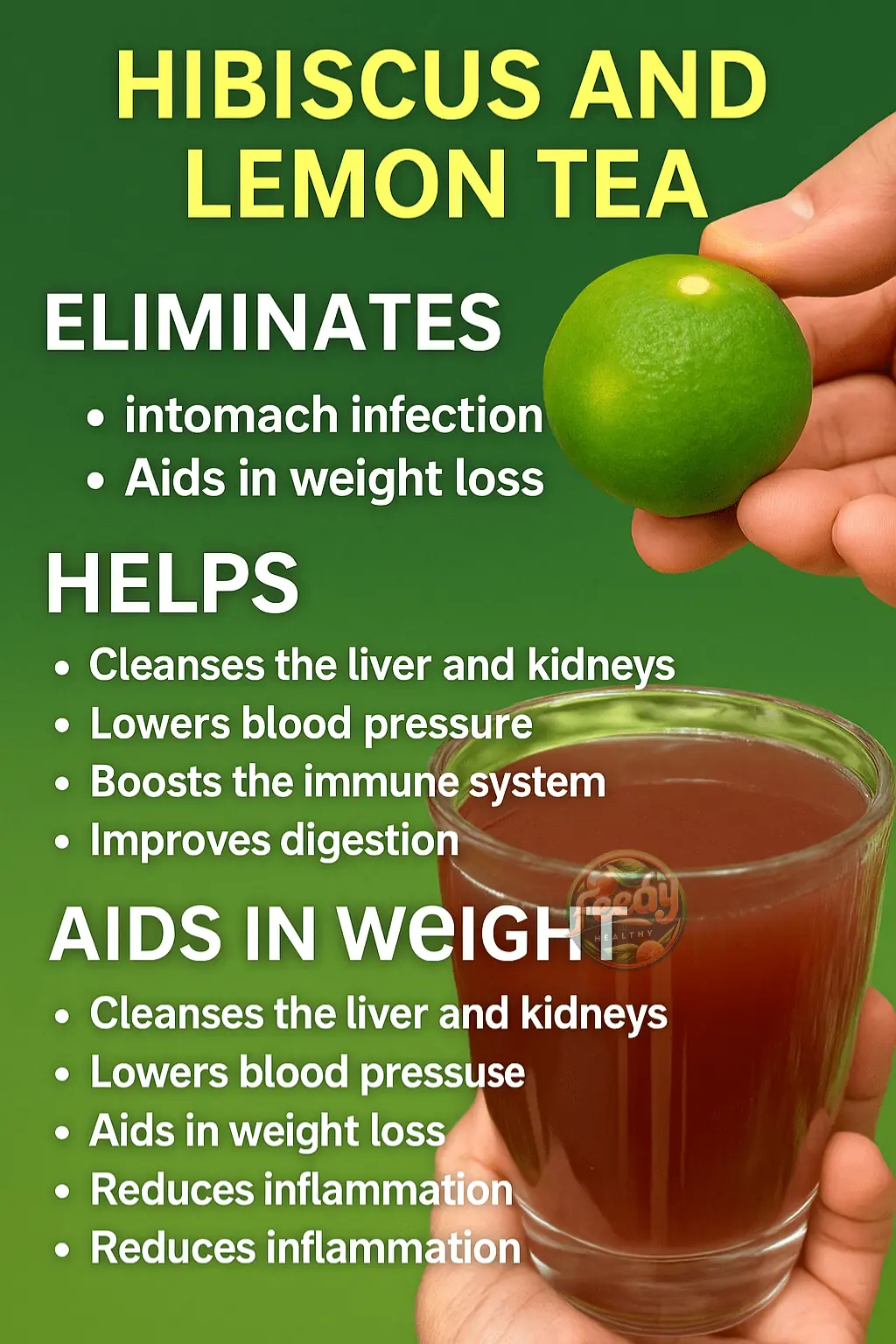
Hibiscus and Lemon Tea: A Refreshing Remedy with Powerful Health Benefits
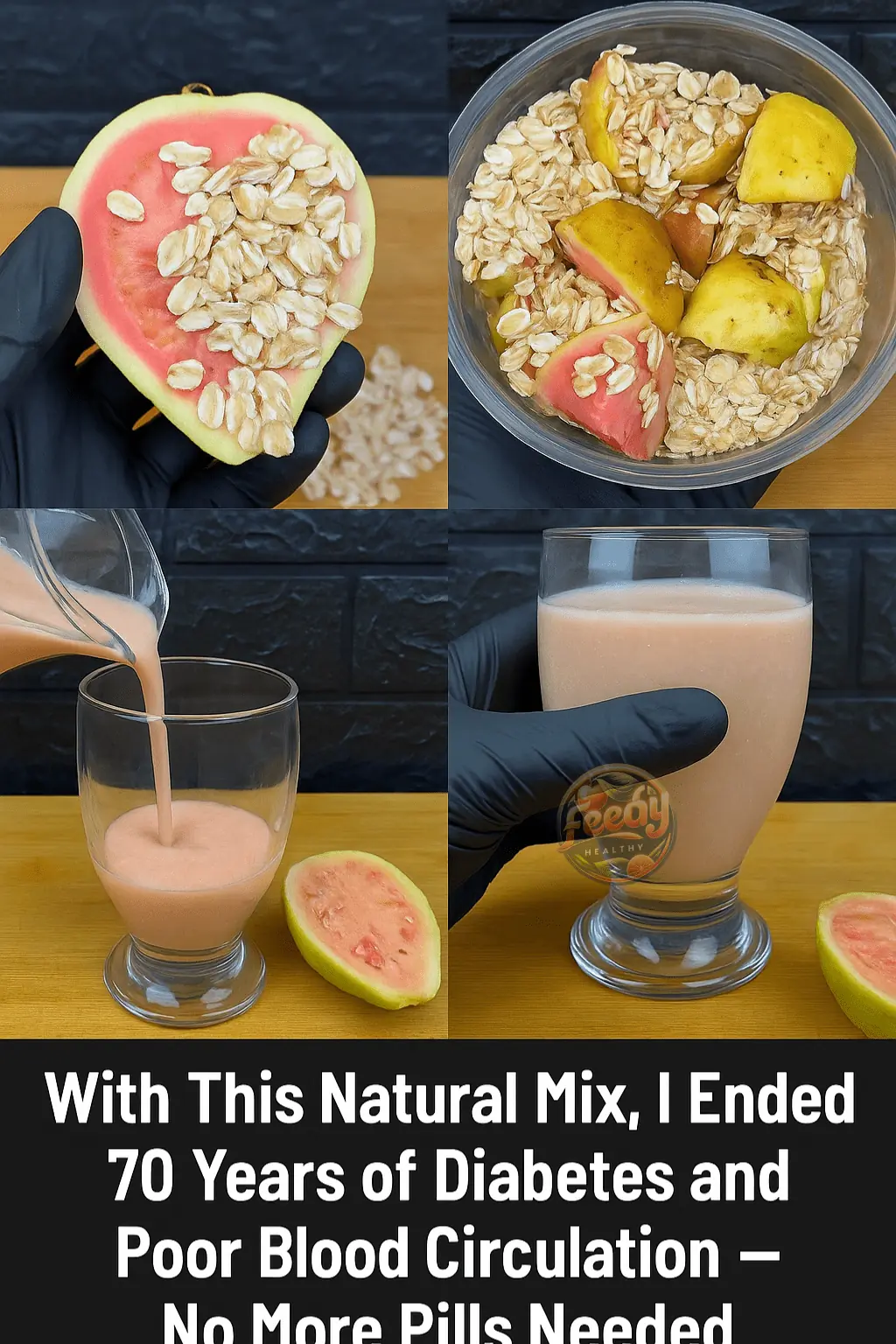
With This Natural Mix, I Ended 70 Years of Diabetes and Poor Blood Circulation – No More Pills Needed

Unlock the Hidden Powers of Dandelion Root 🌿✨

GINGER TEA

If You Suffer from Diabetes, High Blood Pressure, High Cholesterol, Inflammation, or Premature Aging — This Simple Homemade Remedy Could Change Your Life

Exploring the Amazing Benefits of Turmeric
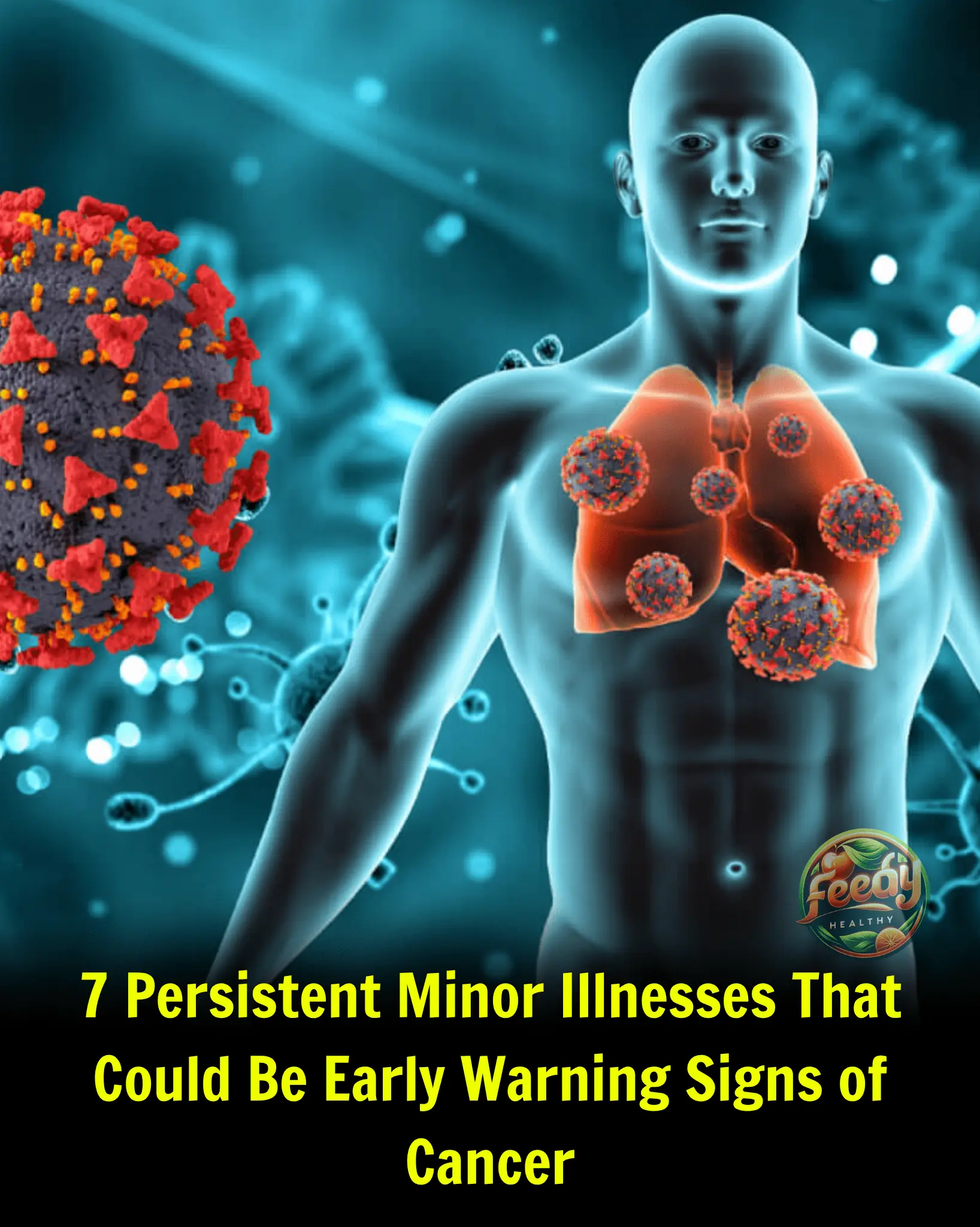
7 Persistent Minor Illnesses That Could Be Early Warning Signs of Cancer
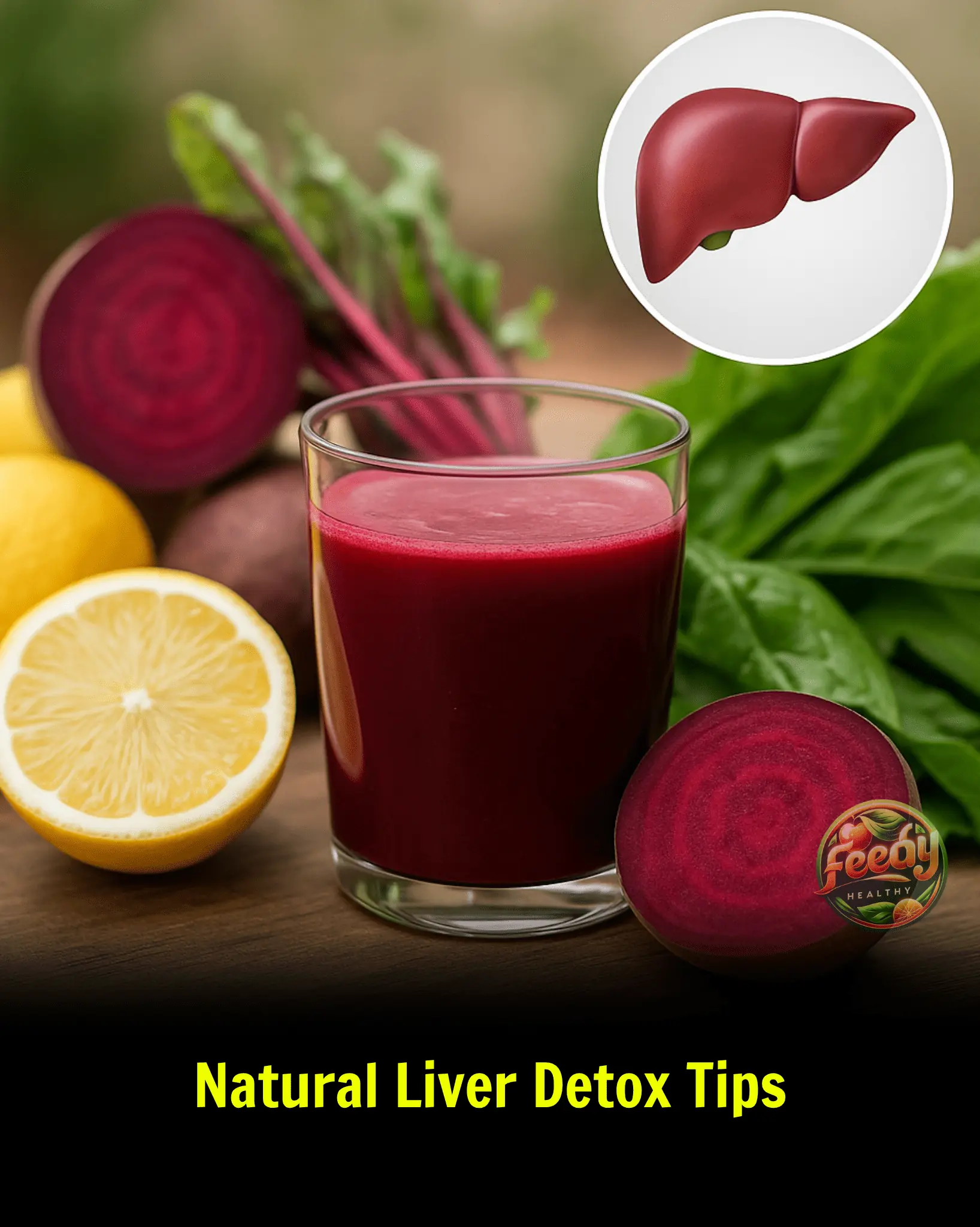
Natural Liver Detox Tips

I’m Losing So Much Belly Fat Drinking This All Day! 🌿 My Big Belly Is Gone – Thanks to Ginger!

10 Clues Your Body Might Be Giving You About Clogged Arteries

Warning signs of a heart attack?

8 powerful anti-cancer foods you should start including in your diet

What Happens to Your Body When You Drink Lemon Peel Tea?

Discover the Powerful Benefits and Uses of Thyme

The Leaf That Lowers Blood Pressure, Soothes the Stomach, and Boosts Immunity 🌿

Fatty Liver Diet: Nutritionist Recommends 5 Key Foods to Detox the Liver and Reduce Fat

Thousands May Be Living with Undiagnosed Alcohol-Related Brain Damage
News Post

The 4 Golden Hours to Drink Coffee for Maximum Health Benefits — From Liver Detox to Better Digestion

The Incredible Health Benefits of Goosegrass (Crowfoot Grass)

Hibiscus and Lemon Tea: A Refreshing Remedy with Powerful Health Benefits

With This Natural Mix, I Ended 70 Years of Diabetes and Poor Blood Circulation – No More Pills Needed

Unlock the Hidden Powers of Dandelion Root 🌿✨

Discover the Magic of Ginger Tea

THE DRINK THAT CLEARS ALL YOUR CLOGGED VEINS, CURES CANCER AND DIABETES — THIS DRINK WILL HEAL ALL YOUR DISEASES IN THE BLINK OF AN EYE. JUST ONE SERVING AND YOU’LL FEEL YOUR ILLNESSES DISAPPEAR FROM YOUR LIFE

Say goodbye to urinary infections, asthma, diabetes, poor circulation, fatty liver, and high blood pressure
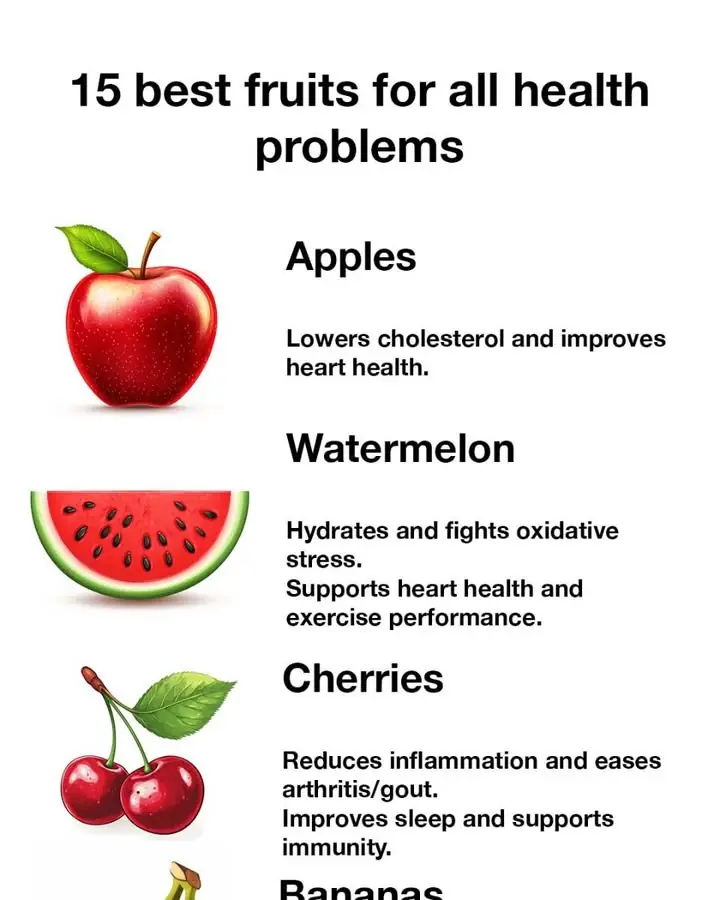
15 best fruits for all health problems

Bay Leaf: The Natural Secret to Youthful Skin!

Natural Remedies for Managing Flu Symptoms

If you suffer from diabetes, high blood pressure, cholesterol, bloating, or premature aging, this homemade remedy could change your life.

The drink that unclogged my veins, eliminating poor circulation and high blood pressure. If you want to heal from cancer, diabetes, poor circulation, fatty liver, high blood pressure, stomach problems, constipation, and lack of energy — this drink is fo

GINGER TEA

How to Use Rice and Almond Oil to Get Rid of Wrinkles
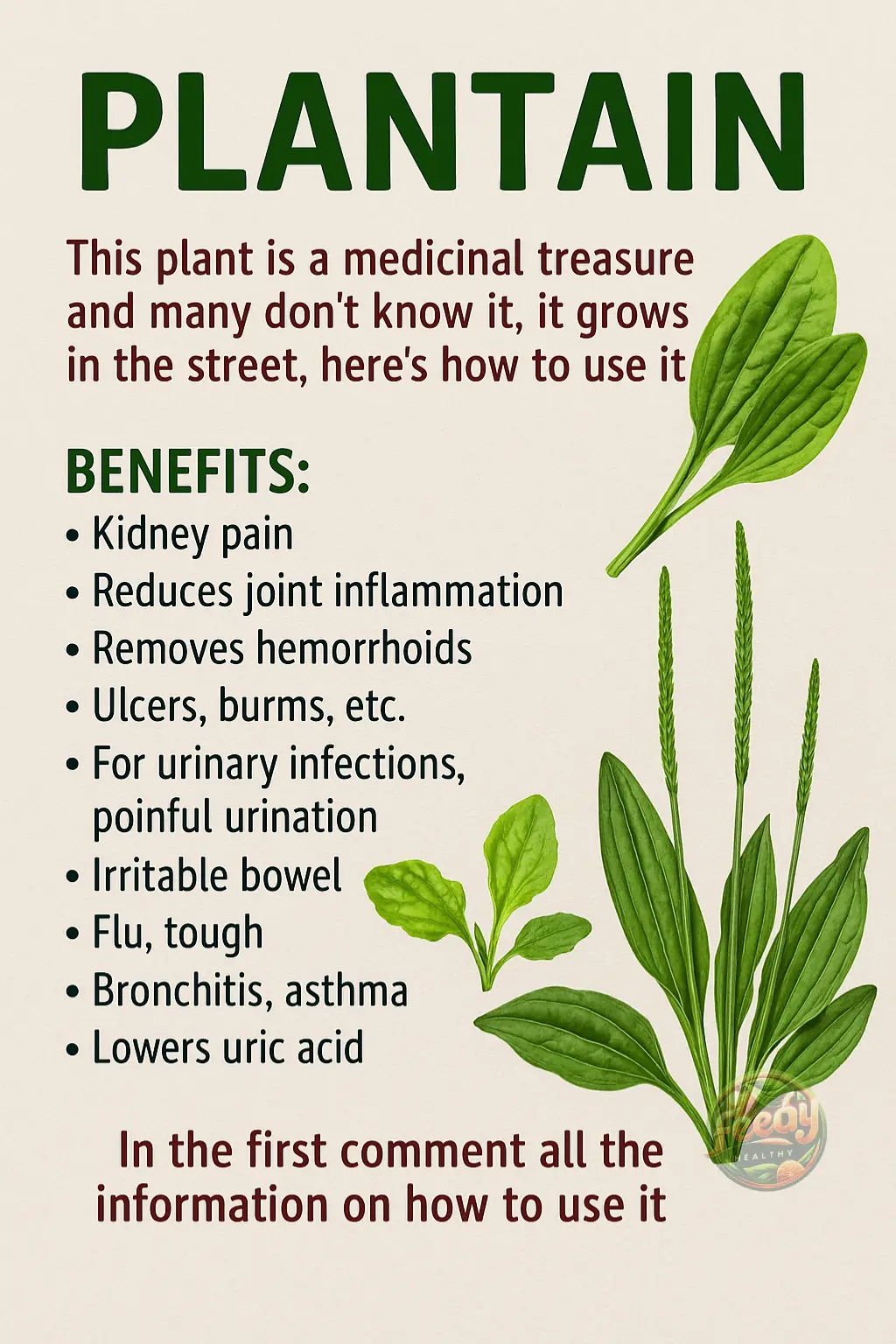
PLANTAIN: Take Advantage of Its Benefits and Learn How to Use It! 🌿

If You Suffer from Diabetes, High Blood Pressure, High Cholesterol, Inflammation, or Premature Aging — This Simple Homemade Remedy Could Change Your Life

Exploring the Amazing Benefits of Turmeric
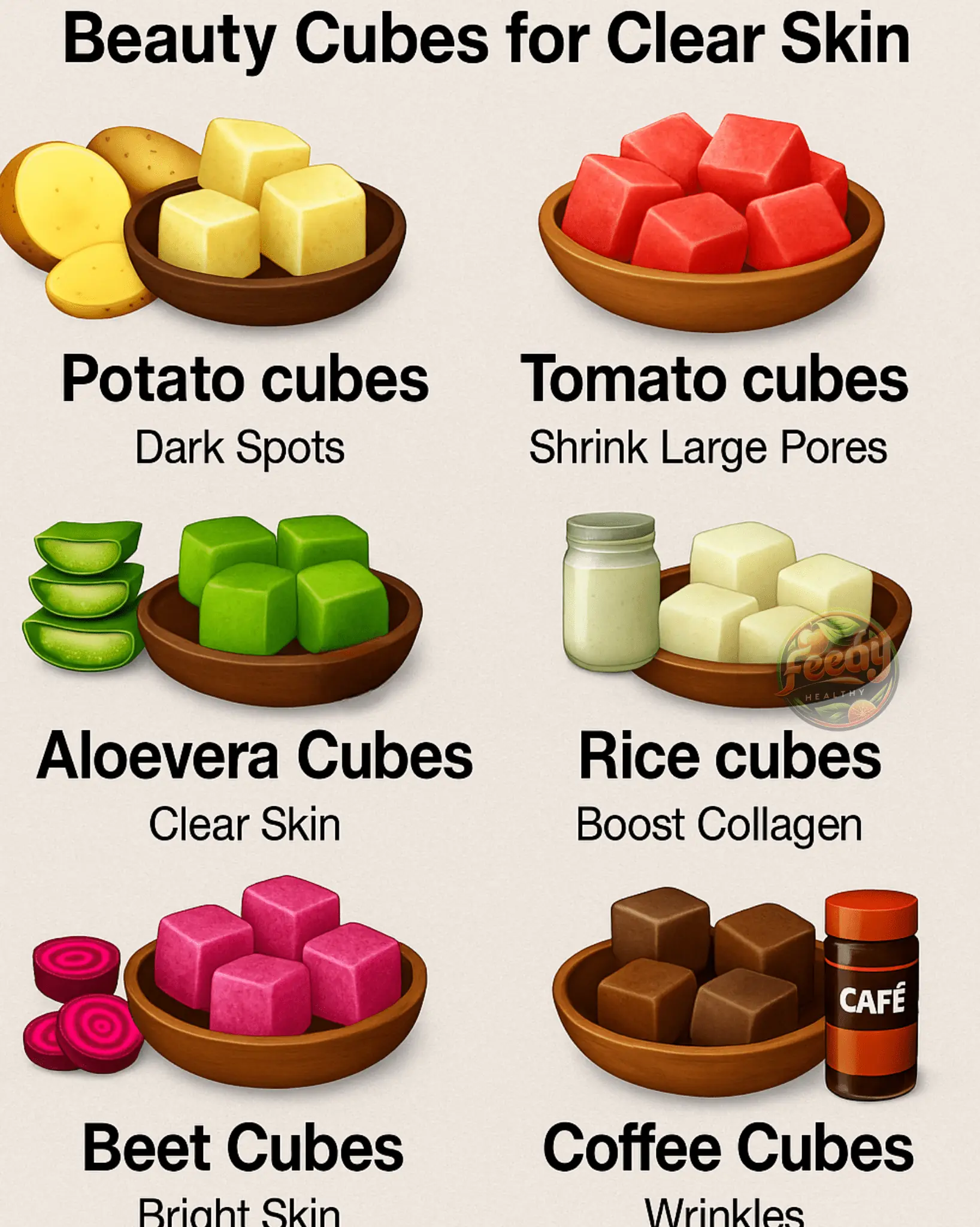
10 DIY Beauty Ice cubes for Face, Glowing Skin
